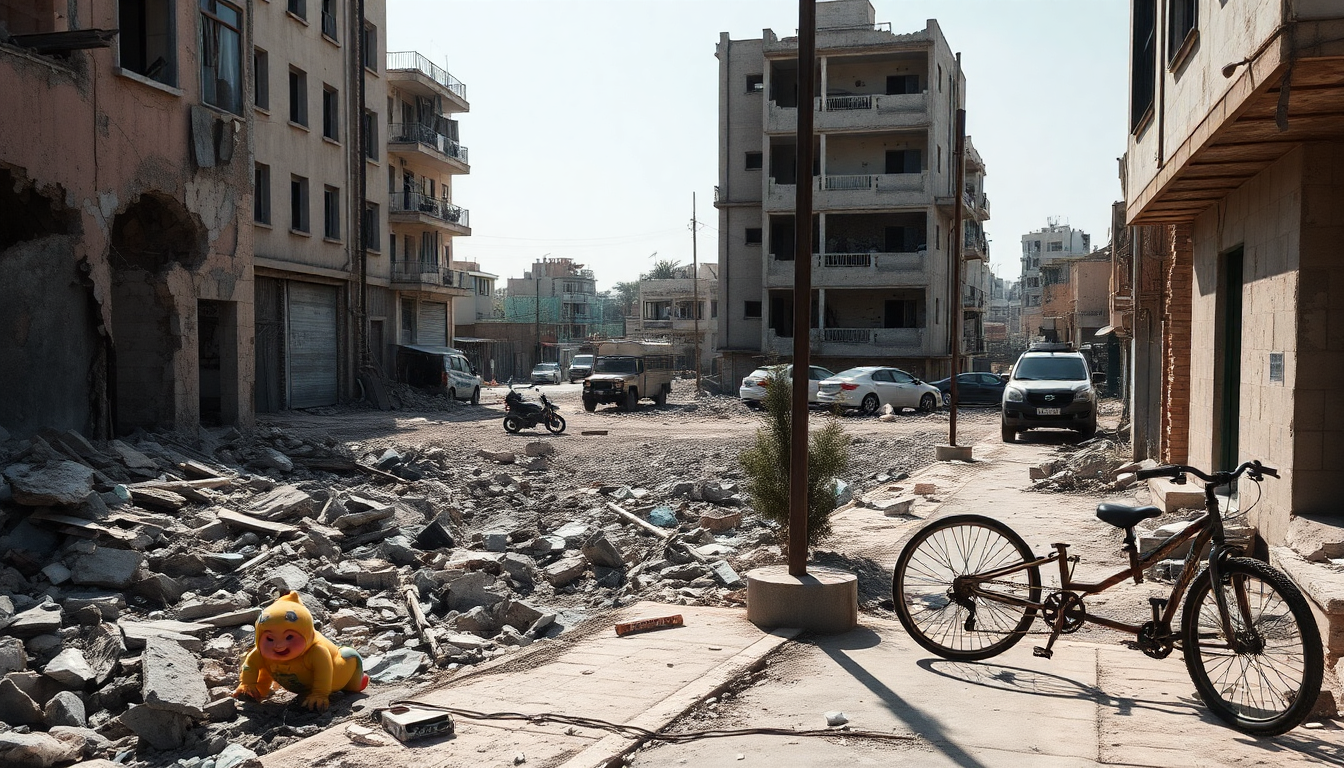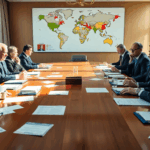Table of Contents
In today’s fast-paced world, geopolitical conflicts have taken center stage in international relations. With tensions flaring up in various regions, it’s crucial to grasp the underlying issues, the key players involved, and the possible paths to resolution. Let’s take a closer look at the current landscape of these conflicts, highlighting the main actors and the complexities that define these crises.
The Israeli-Palestinian Conflict: Civilian Impact and Ceasefire Prospects
When it comes to enduring conflicts, few rival the complexity of the Israeli-Palestinian situation. Israel maintains that it doesn’t intentionally target civilians, but this claim raises significant questions about the nature of its military operations in Gaza.
With the ongoing clashes leading to devastating civilian casualties, the international community is increasingly calling for a ceasefire. Can a ceasefire deal truly be on the table, given the deep-seated grievances and aspirations on both sides?
The humanitarian crisis in Gaza has reached alarming levels, and there’s a growing chorus for a pause in hostilities to allow for aid delivery and negotiations.
Yet, the intricacies of the conflict, marked by differing goals and narratives, make consensus difficult to achieve. While Israel asserts its right to defend itself against militant attacks, Palestinians are equally adamant about their right to self-determination and protection from violence.
This clash of rights complicates the road to peace and stability.
The Role of Global Powers in the Ukraine Conflict
Shifting our focus to Eastern Europe, the war in Ukraine presents another significant geopolitical challenge. The possibility of dialogue between Russian President Vladimir Putin and Ukrainian President Volodymyr Zelenskyy offers a glimmer of hope for resolution.
But can these meetings genuinely alter the trajectory of the war? Meanwhile, the effectiveness of U.S. security guarantees for Ukraine is under the microscope, as stakeholders ponder whether these assurances can genuinely deter further aggression and pave the way for lasting peace.
As the conflict drags on, the implications of international involvement become increasingly evident. European nations, particularly in their efforts to sway U.S. leadership, display both strength and vulnerability. The outcome of this war will not only determine Ukraine’s future but also reshape relationships among major global powers. Isn’t it fascinating how interconnected our world has become?
South Africa: The Quest for National Dialogue
Turning our attention to Africa, South Africa is navigating its own set of challenges. The urgent discussions surrounding national dialogue to tackle systemic issues within the country underscore the need for inclusive governance. As South Africa wrestles with economic disparities and social unrest, the possibility of a constructive national conversation is more relevant than ever. Can open dialogue be the key to unlocking progress?
In conclusion, the intricacies of these geopolitical conflicts require a nuanced understanding of the motivations and aspirations of the parties involved. Whether through ceasefires, international negotiations, or national dialogues, the pursuit of peace and stability remains a critical objective. As global dynamics continue to shift, staying informed about these developments is essential for grasping their broader impact on international relations. What changes could the future hold for these regions?





